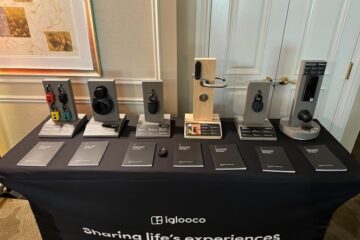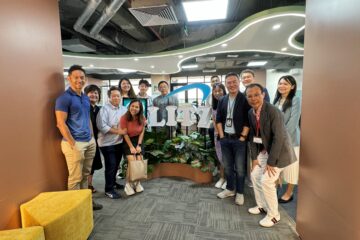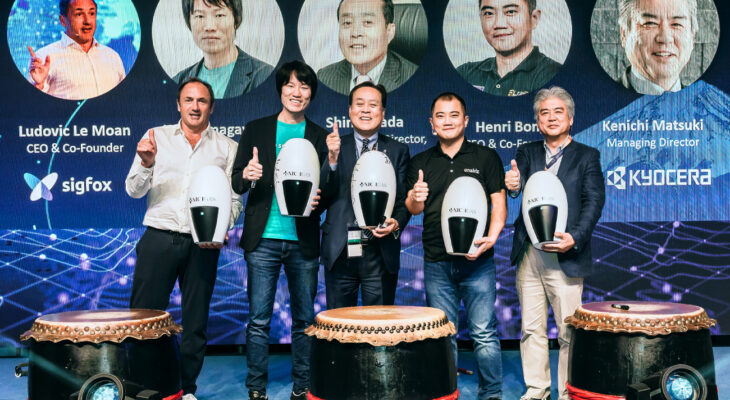
Revolutionising the Internet of Things (IoT) Market
UnaBiz resonates with massive scalability using IoT and scouts for more global partners to deliver innovative end-to-end solutions
UnaBiz has been a pioneer on the Internet of Things (IoT) and has been expanding its range of services, with most of its revenue coming from the private sector and, at the same time, enjoying a robust growth in government sector projects in recent years.
It has been quite a revolutionary journey for UnaBiz, especially in the design of smart devices, leveraging low-power wide-area network (LP-WAN) connectivity options such as Sigfox and LTE-M cellular network, and delivering smart solutions. The Sigfox operator in Singapore and Taiwan brings along expertise in network and devices, and has partnered global players in different technology verticals to deliver massive IoT solutions globally.
BiZQ spoke to Jonathan Tan, Managing Director, UnaBiz, on the future of IoT, the impact of the pandemic on business, and the way ahead.
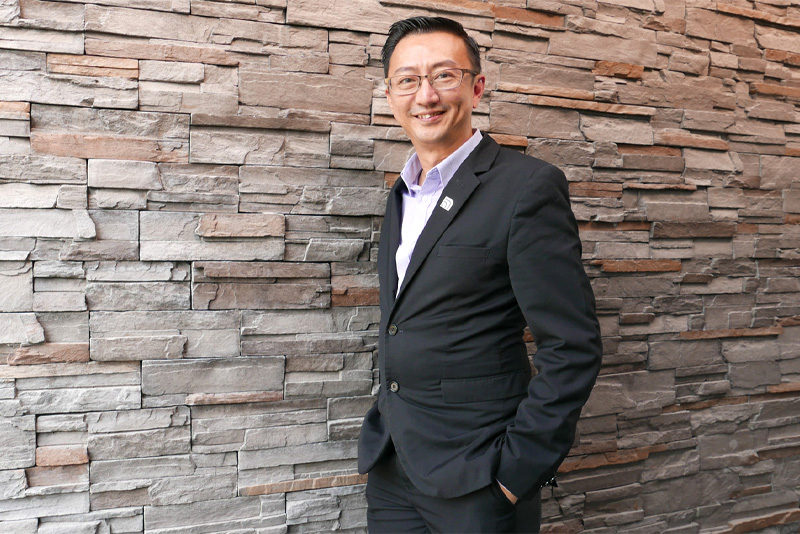
Given that the pandemic has exacerbated technological adoption, how do you see IoT affecting business processes in the next decade?
The pandemic has had a mixed impact on the IoT business. Earlier, we invested quite a lot of efforts in the aviation sector working with Airbus, Safran, Singapore Airlines and CAG, and things were looking up till last year, before the onset of COVID-19. However, we remain confident in IoT and how its adoption will optimise operations for facility management, metering, and tracking.
Since IoT essentially draws data from the physical world onto the digital landscape, this process is particularly crucial during the COVID-19 period when physical contact is kept to a minimal. For the government and industrial sectors, IoT has become an essential tool for digitalisation during these times. There has been an increased use of IoT, with the industry moving towards performance-based contracts and event-based services.
Four years ago, when we entered the IoT space, digitalisation was new, and people were uncertain on how to tap the benefits. The industry has certainly matured over the last four years. IoT is now considered not only as an approved concept, but also a mandatory requirement in several government tenders to procure solutions. The next two four-year cycles will see IoT gain a stronger foothold in the digital space and produce high-quality solutions on a massive scale.
How has the network-as-a-service solution evolved and how is this critical for today’s businesses?
The network as a service is extremely important due to the complexity of each solution. IoT consists of four main areas – sensor device, network, platform, and business application. To deliver a massive IoT impeccably, all four areas need to be integrated to work seamlessly and effectively.
Such an approach may not be easy, as some companies may not possess the core capabilities to cut across all four verticals. To overcome this, one must rely on their relevant skill sets to address selected verticals and outsource or partner others to address the gaps.
Many enterprises and governments are increasingly outsourcing the network requirements for data collection and dividing up the network as a unique service, where UnaBiz can play a pivotal role. We have projects in smart metering and smart facility management, and many companies are partnering with us for the network and devices, which are our core.
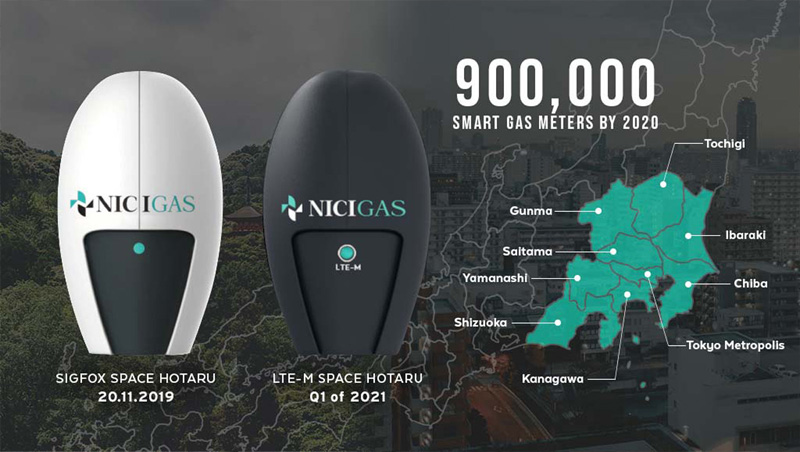
Singapore has topped the Institute for Management Development Smart City Index for the second consecutive year. What are some solutions UnaBiz offers to help develop Smart Cities?
The Smart City concept integrates information and technology to better manage assets, resources, and services effectively and efficiently. At UnaBiz, we are focusing on three main verticals.
- Smart metering for the water and gas industry – This is our key business driver. Metering data, which is collected manually, is digitised through IoT. We can design the right solutions and extract data from traditional meters by deploying the best network and smart devices with long-lasting batteries, some of which have a lifespan of up to 15 years.
- Smart facilities management – In the past two years, the management has expressed interest in using IoT to deploy smart facility management solutions, including energy management, smart toilets, smart buildings, and sensors to optimise the building performance and comfort of tenants.
- Tracking – We use LP-WAN devices powered by Sigfox, LTE, LTM or 4G to track information for up to 11 years to help transform the supply chain and logistics sectors. This was technologically impossible until three years ago. With this expertise and experience, we are now able to design solutions to optimise the costs of network, battery life and devices, and to deploy these on a massive scale.
Technology has always been an enabler for businesses to transform and thrive. On this, can you share more on UnaBiz’s recent projects?
Our focus is to develop lightweight sensor solutions broadly using a low bandwidth 0G network.
We have recently undertaken a gas metering project with Nippon Gas Co. Ltd (NICIGAS) to retrofit one million gas meter readers in Japan. It is one of the largest deployments of smart utilities solutions to date. Over 600,000 meter readers have been deployed within a year despite the pandemic. The meter data is collected via Sigfox’s Japan-wide 0G wireless network and transmitted to NICIGAS’ IoT data platform to ensure a seamless flow of digital data. An LTE-M version of the meter reader is also commissioned last month to supplement the deployment.
Most recently, we have also embarked on another project with the Konvoy Group in Australia to design and produce the world’s first keg tracking system. The aim is to connect 70,000 kegs to their IoT tracking and monitoring solution on Thinxtra’s Australia Sigfox 0G network. To date, 20,000 devices have been deployed allowing Konvoy Group and its customers to reduce keg losses, while maximizing the use of its keg fleet, defining its position in the keg rental market.
Finally, we are working on a pilot project with Singapore Airlines to effectively track unit load devices (ULDs), which are containers used to carry cargo on aircraft with minimal network infrastructure investment globally.
To date, we have deployed our facility management solutions at more than 100 locations islandwide, including buildings, malls, schools, and MRT stations. We are also looking at new projects in supply chain management – monitoring of cold room temperatures, which has become increasingly important in view of tracking and monitoring the status of the COVID-19 vaccines throughout the entire cold chain with IoT in Singapore and Latin America.




